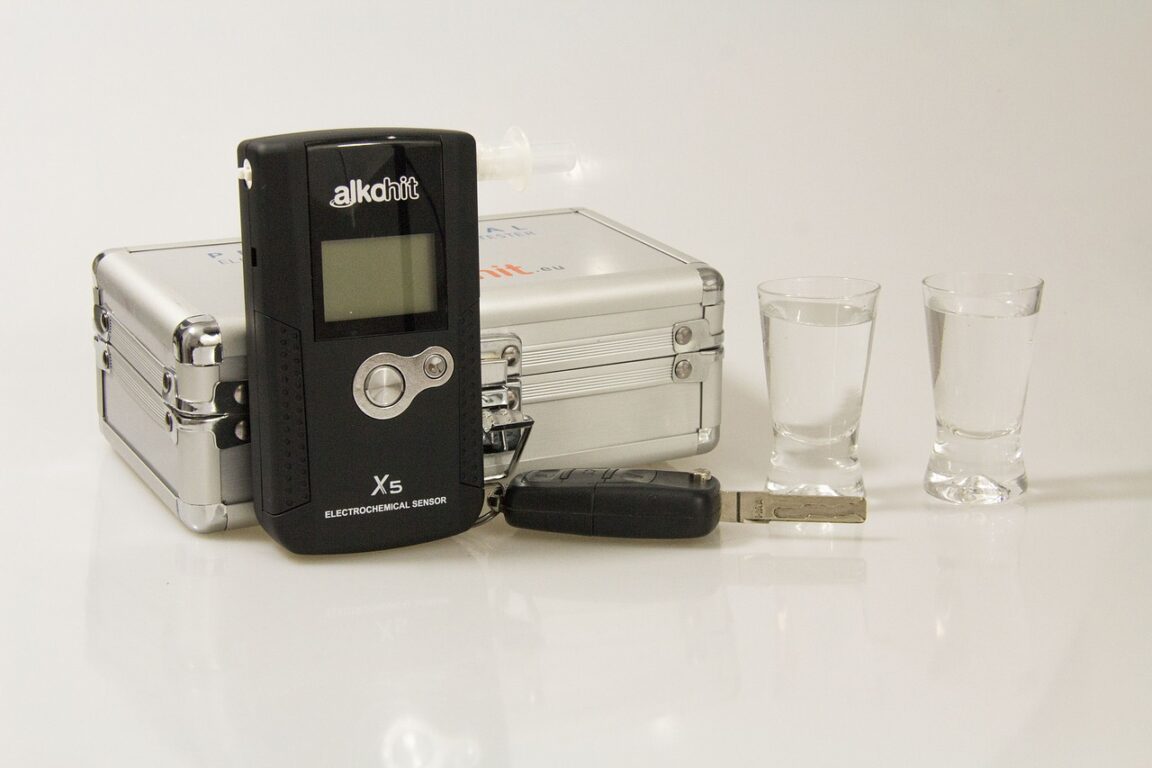 There are a ton of different elements that go into creating a successful DUI license restoration case in Michigan. You need an experienced license restoration attorney, a strong case to prove your sobriety, evidence to back up your sobriety claims, and convincing testimony during your hearing.
There are a ton of different elements that go into creating a successful DUI license restoration case in Michigan. You need an experienced license restoration attorney, a strong case to prove your sobriety, evidence to back up your sobriety claims, and convincing testimony during your hearing.
However, there’s another element that some people tend to overlook — your letters of support from friends, family, and co-workers. These pieces of evidence are actually required for license restoration cases for suspended or revoked licenses in Michigan. But it’s not necessarily enough just to have these letters included in your evidence packet. It’s important that they’re both compelling and consistent enough to back up your sobriety claims and show support for your license restoration case.
If you’re currently involved in this process after losing your license to multiple DUIs, here’s what you should know about support letters for your license restoration case.
What’s In A License Restoration Letter?
The state of Michigan requires you to submit three to six letters of support along with your request for hearing form and other evidence. Alternatively, you can bring three to six witnesses to your hearing to have them share testimony in person. However, letters are usually preferred by all parties.
These letters must be signed, dated, and notarized, since they are to be used as testimony in a legal hearing. They should include pertinent information about the person’s relationship to you, including how they know you, how often they see you, and how long they’ve known you. It should also contain any knowledge they have about your former substance abuse and current sobriety, including the last time they saw you consume alcohol or use controlled substances and the amount you consumed, any social activities you participate in that may include alcohol or controlled substances, and their knowledge of your involvement in treatment or support groups. Finally, these letters should also contain the person’s contact information in case state officials need to contact them for any follow-up information.
Where the Letters Come From And Why It Matters
These letters can come from anyone who would be in a position to know your history and status with alcohol consumption or drug use. This can include family members, friends, or co-workers. Just make sure they’re from people who know you well. You don’t want to submit three letters from people who can’t actually speak to your past substance abuse or don’t have any knowledge about your current status. It will be much more compelling to the hearing officer if you can provide letters from an array of people who can provide a full picture of your story and your sobriety journey.
They should also be from people who will tell the truth and provide a background of your history. Providing a background of your alcohol and drug use history let’s the hearing officer know that the letter writer knows you well. The letters will be most effective if they’re open, honest, and from people who are fully privy to your situation.
When Should The Letters Be Ready By
If you’re going to submit letters of support rather than have people testify in person, which again, is usually preferred, you need to have the letters prepared fairly early on. The letters are submitted as part of the packet of evidence you provide along with your request for hearing form. So they will need to be completed before you submit your case to the Secretary of State. Basically, as you get all of your other information ready, like your AA attendance logs if any and substance use evaluation forms, you should be finding relevant people and asking them to prepare these letters. Once they’re ready and all of your other forms and pieces of evidence are ready, you can submit them all at once.
Prepare Every Piece Of Evidence To Prove You’re Ready To Restore Your License – including AA attendance sheets, substance abuse evaluations, & more.
Of course, these letters of support are not the only important piece of evidence that you need to submit with your request for hearing form in order to support your case for Michigan driver’s license restoration. You also need to provide a substance use evaluation from a qualified counselor, AA attendance sheets or other evidence that supports your claims of participation in treatment or support groups, a 10-panel drug screen, and an ignition interlock report from your vehicle, if applicable.
Each case is different and requires different specifics when it comes to evidence. Some items, like the drug screen and letters of support, are required in all cases. But then there are some variances in things like who you should ask to submit letters and what other types of supporting evidence is necessary. In some cases, you might include evidence to support successful completion of probation and/or sobriety court. It usually depends on the orders you received in your initial sentencing and the details of your specific situation.
Overall, hearing officers use this evidence to determine whether or not your claims of sobriety are credible and how likely you’ll be to remain sober and safe on the road going forward. Winning a license restoration case always requires submitting well-rounded evidence. So don’t neglect any particular area, including these letters of support.
In addition, working with an experienced license restoration attorney in Michigan will help you navigate all of these important considerations when it comes to submitting evidence and making the most of your hearing. They can help you choose the people in your life who would be a great fit for your sobriety letters and make sure that you have all the other necessary and beneficial evidence in place before submitting. This will give you the best possible chance of achieving a successful outcome for your Michigan license restoration case.

